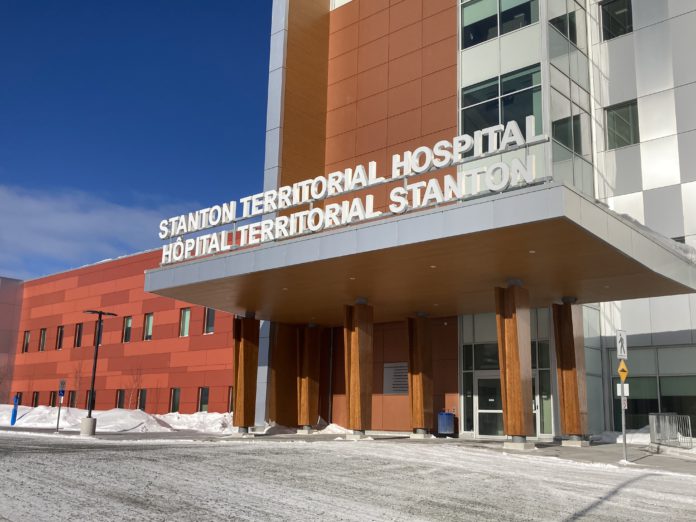The Chief Public Health Officer (CPHO) is issuing a public health advisory regarding the potential for a severe respiratory virus season in the NWT.
This Advisory is to notify the public that the OCPHO is beginning to see lab confirmed cases of RSV in young children, more severe respiratory presentations and hospitalizations in young children under 5 and the NWT has now seen its first lab confirmed case of influenza.
On October 21, 2022, NWT’s first influenza case was confirmed. The southern hemisphere reported their influenza season began early, was prolonged and resulted in increased hospitalizations. Australian data reported 55% of all hospitalizations were in children younger than 16 years of age.
• Influenza vaccine is available free of charge in the NWT and can be accessed through most public health units and health centers.
• Influenza vaccine can be given with COVID-19 boosters or other immunizations
• The CPHO is encouraging parents to vaccinate children against influenza
The seasonal RSV Synagis program for at-risk infants will commence in the NWT on November 1, 2022.
Those with highest risk of hospitalization or even death include premature infants, infants with chronic lung diseases, or infants with unstable or significant heart disease. Risk factors such as smoking in the home, not being breastfed, history of wheezing in family members, attending daycare, and crowded living conditions increase the risk of severe illness to the young premature, high-risk infant.
Synagis is a monoclonal antibody used for prevention of serious lower respiratory disease caused by RSV. It has been shown to reduce hospitalization due to RSV infection in young high-risk children who meet the criteria.
The NWT is also seeing an increase in hospitalizations of young children who are infected with rhinovirus/enterovirus. This group of viruses generally cause common cold-like symptoms but in recent years has had surges in more severe respiratory presentations.
Enterovirus D68 (a type of rhinovirus/enterovirus) activity has already been detected in the United States this fall and can cause severe respiratory illness, meningitis-like symptoms or in rare cases present as acute flaccid paralysis (sudden onset of muscle weakness or paralysis).
The public can protect themselves and their families during respiratory virus season by continuing to use precautions such as good handwashing, wearing a mask when appropriate, covering coughs and sneezes, staying home when sick, getting vaccinated, and seeking medical care if symptoms are severe.





